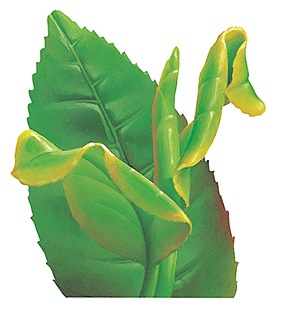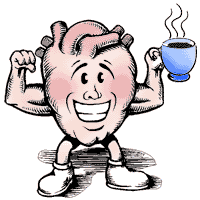Probably the best kept secret about coffee is that it delivers more antioxidants than even the latest antioxidant bellwether, green tea. Green coffee beans contain about 1,000 antioxidants, and the brewing process adds 300 more. The roasting process, by the way, creates its own set of healthful compounds which, like some antioxidants, are unique to coffee alone.
Coffee, in fact, has four times the antioxidant content of green tea, according to a study conducted in Switzerland by the Nestle Research Center and recently published in the Journal of Agricultural and Food Chemistry. The study found that coffee also outruns cocoa, herbal teas and red wine. Of course, precise antioxidant content varies from cup to cup, depending on the type of bean (Robustas have twice the antioxidants of Arabicas, although the difference is reduced in the roasting process) and the level of “solubles” in the cup, determined by the brewing method, time and amount of coffee used.
The health benefits of antioxidants are broad, since the compounds neutralize errant molecules known as “free radicals.” These electrically unbalanced cells kill healthy cells as they try to stabilize themselves by robbing sub-atomic particles. This process has been implicated in premature aging, cardiovascular disease, degenerative brain disorders, cancer, cataracts, the decline of the immune and nervous system, and other health problems.







